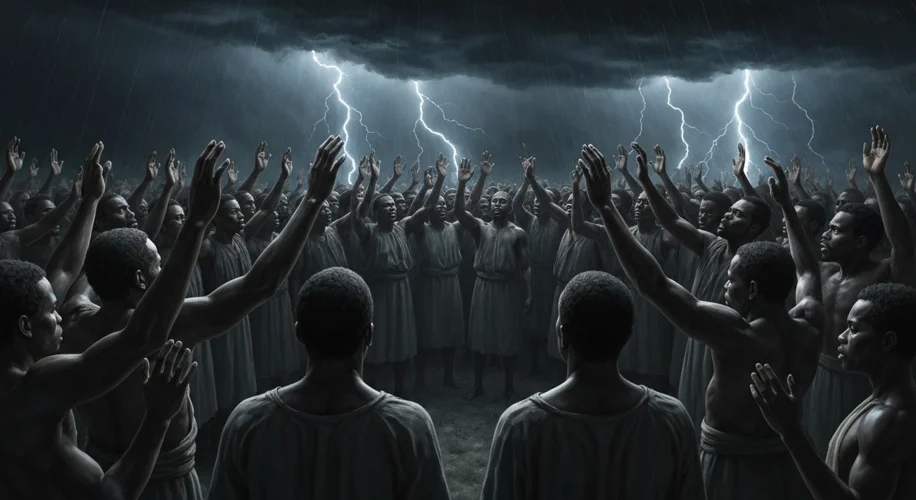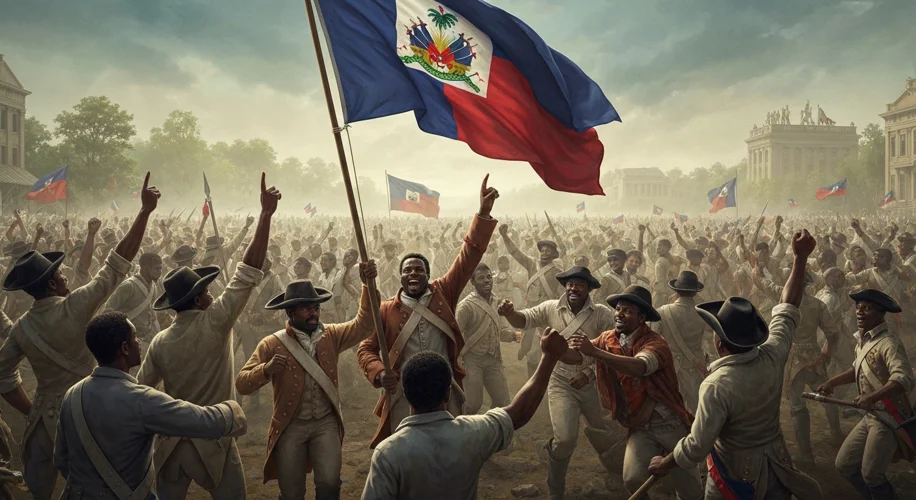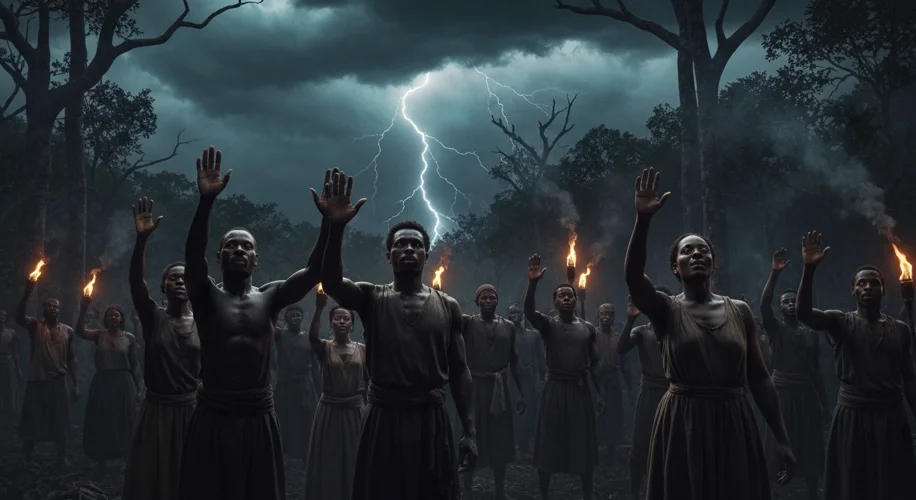In the annals of human history, few uprisings echo with the sheer, unadulterated power of a people demanding their birthright: freedom. The Haitian Revolution, a bloody, protracted struggle spanning from 1791 to 1804, stands as a singular beacon, the only instance in history where enslaved people not only revolted but succeeded in forging an independent nation. This seismic event didn’t just reshape the Caribbean; it sent tremors through the very foundations of the Atlantic world, challenging the prevailing notions of race, liberty, and the natural order.
The Crucible of Saint-Domingue
To understand the ferocity of the Haitian Revolution, one must first grasp the horrifying reality of Saint-Domingue, the French colony that would become Haiti. By the late 18th century, it was France’s most profitable colony, a glittering jewel built on the backs of an enslaved populace numbering over half a million. This was a land of brutal sugar plantations, where life expectancy for the enslaved was abysmally low, and the lash was a constant companion. The system was a finely tuned engine of torture and death, designed to extract maximum profit with utter disregard for human dignity. The enslaved population, primarily of African descent, endured unimaginable suffering, yet within this crucible of oppression, a culture of resilience and a yearning for freedom simmered.
The island was a powder keg, its social structure rigidly stratified. At the top were the wealthy white planters (grands blancs) and the free people of color (gens de couleur libres), many of whom were themselves slave owners and longed for greater political rights. Below them were the poor whites (petits blancs), and at the very bottom, the vast majority – the enslaved Africans.
The Spark Ignites: From Rumblings to Rebellion
The ideals of the French Revolution, with its potent cry of “Liberty, Equality, Fraternity,” began to filter into Saint-Domingue, albeit in a twisted form. While French revolutionaries debated abstract notions of rights, the enslaved saw a hypocrisy that fueled their own desires. The spark came in August 1791. A Vodou ceremony at Bois Caïman, a clandestine gathering under a stormy sky, is often cited as the symbolic beginning, a pact made to overthrow their oppressors. What followed was not a single, unified uprising, but a series of coordinated revolts and desperate battles that would engulf the colony.

The Architects of Freedom: Toussaint Louverture and Others
Out of the chaos emerged extraordinary leaders. Toussaint Louverture, a formerly enslaved man of exceptional intellect and military prowess, rose to become the undisputed leader of the revolution. He was a master strategist, navigating the treacherous political landscape of French colonial rule, Spanish support, and British intervention. Louverture’s genius lay not only in his battlefield command but also in his ability to unite disparate factions and to articulate the vision of a free Saint-Domingue. His famous declaration, “I have undertaken vengeance for the Negro race. But I shall hold France responsible for the consequences.” captured the spirit of the movement.
But Louverture was not alone. Figures like Jean-Jacques Dessalines, a fierce and uncompromising general, and Henri Christophe, who would later become king, were instrumental in prosecuting the war. The revolution was a brutal affair, marked by extreme violence on all sides, a reflection of the deep-seated animosity and the stakes involved. The French, in turn, sent armies to quell the rebellion, leading to a protracted and bloody conflict.

From Colony to Republic: The Birth of Haiti
Despite Louverture’s capture and deportation to France in 1802 by Napoleon Bonaparte’s forces, the revolution’s momentum could not be stopped. Under Dessalines, the Haitian army delivered a decisive defeat to the French at the Battle of Vertières in 1803. On January 1, 1804, Dessalines declared the independence of Haiti, the first free black republic in the world. The sheer audacity of this act sent shockwaves across the globe.

Echoes Through Time: The Impact of the Haitian Revolution
The consequences of the Haitian Revolution were profound and far-reaching.
- Inspiration for Abolition: It served as a powerful inspiration for enslaved people throughout the Americas, demonstrating that freedom was attainable through organized resistance. It struck fear into the hearts of slaveholders and fueled abolitionist movements.
- Economic Repercussions: The loss of Saint-Domingue was a devastating economic blow to France and a warning to other colonial powers. The newly independent Haiti, however, faced severe economic challenges, including crippling indemnities imposed by France and international isolation.
- Geopolitical Shifts: The revolution played a role in Napoleon’s decision to sell the Louisiana Purchase to the United States, dramatically expanding American territory.
- Racial Hierarchy Challenged: By proving that people of African descent could govern themselves, the revolution fundamentally challenged the racist ideologies that underpinned slavery and colonialism.
The Haitian Revolution was more than just a slave revolt; it was a radical redefinition of human rights and self-determination. It was a testament to the indomitable spirit of those who dared to dream of a world free from bondage, a world they were willing to fight and die for. Its legacy continues to resonate, reminding us of the enduring struggle for justice and the transformative power of collective action against overwhelming odds.

